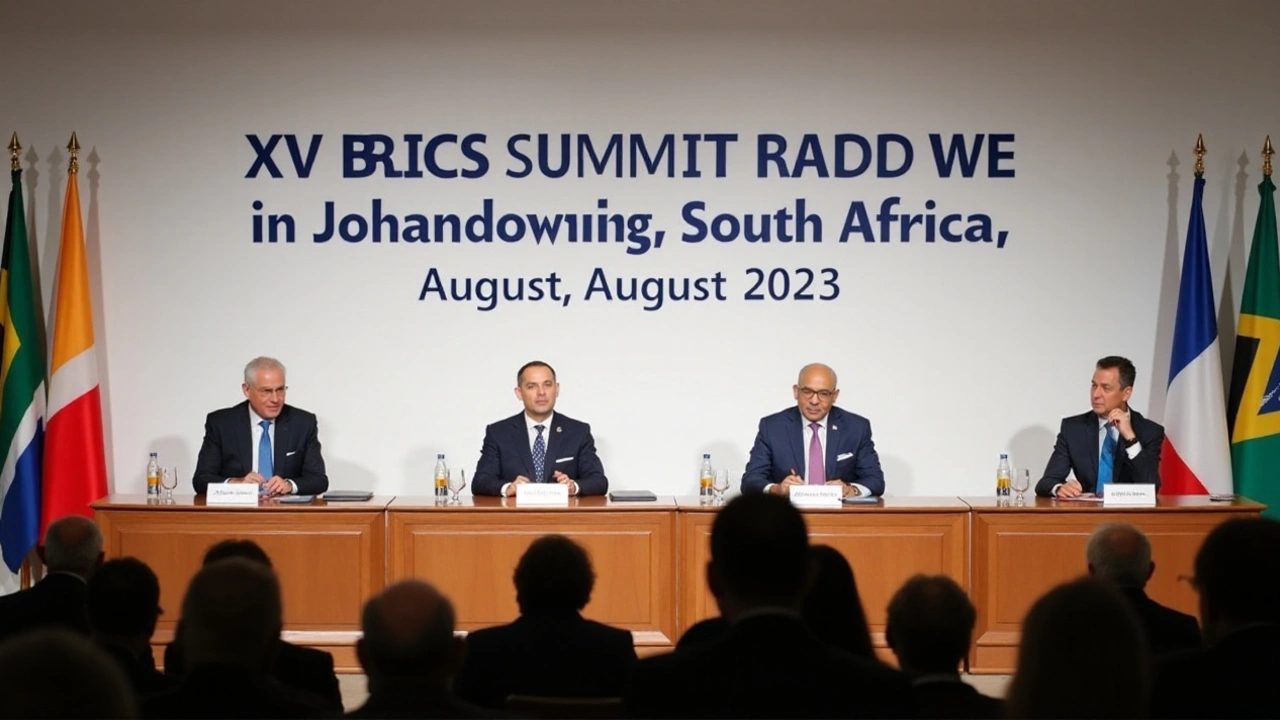De-Dollarization: What You Need to Know
Heard the term de-dollarization tossed around and wondered what it means? Simply put, it’s when countries reduce their dependence on the US dollar for trade, reserves, and currency use. This shift is making headlines worldwide because it shakes up the long-standing influence of the dollar in global finance.
For many African nations, de-dollarization is more than just an economics term. It’s about gaining financial independence and protecting their economies from the ups and downs of the US dollar’s value. When countries rely heavily on the dollar, they’re kind of tied to what happens in the US economy—even when it doesn’t relate to them directly.
Why Are Countries Moving Away From the Dollar?
There are a few reasons why de-dollarization is catching on. First, unpredictable US policies and sanctions can lock countries out of trade if they stay dollar-dependent. Also, the dollar’s value can swing a lot, messing with prices and budgets in smaller economies. By using their own currency or other alternatives, countries aim to control their economic fate a little better and avoid shocks caused by currency fluctuations.
For African economies, using local currencies in trade deals can encourage more direct investment and stabilise market prices. It also helps avoid the cost and risk that comes with exchanging currencies all the time. The downside? Local currencies aren’t always as stable or trusted as the dollar, so it’s a balancing act and usually a gradual process.
What Does This Mean for Africa?
De-dollarization opens doors for Africa's economic growth by boosting regional trade and reducing dependence on foreign currency. Some African nations have started settling trade in their own currencies or regional alternatives to build stronger economic ties within the continent and beyond.
But it’s no quick fix. Africa faces challenges like currency volatility, lack of deep financial markets, and political risks that can slow progress. Still, as the global financial system evolves, Africa’s move toward de-dollarization reflects its desire to play a stronger, more independent role on the world stage.
Want to stay updated on how these shifts affect you and your business? Keep following the latest news and analysis on JLT Creative Daily News Africa for insights tailored to what’s happening across the continent.

BRICS Nations and the Myths of a Common Currency
The Department of International Relations and Cooperation (Dirco) has refuted claims that the BRICS countries are planning a shared currency, amidst warnings from US President-elect Donald Trump about potential tariffs. While discussions have focused on increasing local currencies in trade, political and economic hurdles remain significant. Experts emphasize the challenges in creating a common currency, highlighting ongoing reliance on existing financial institutions.
